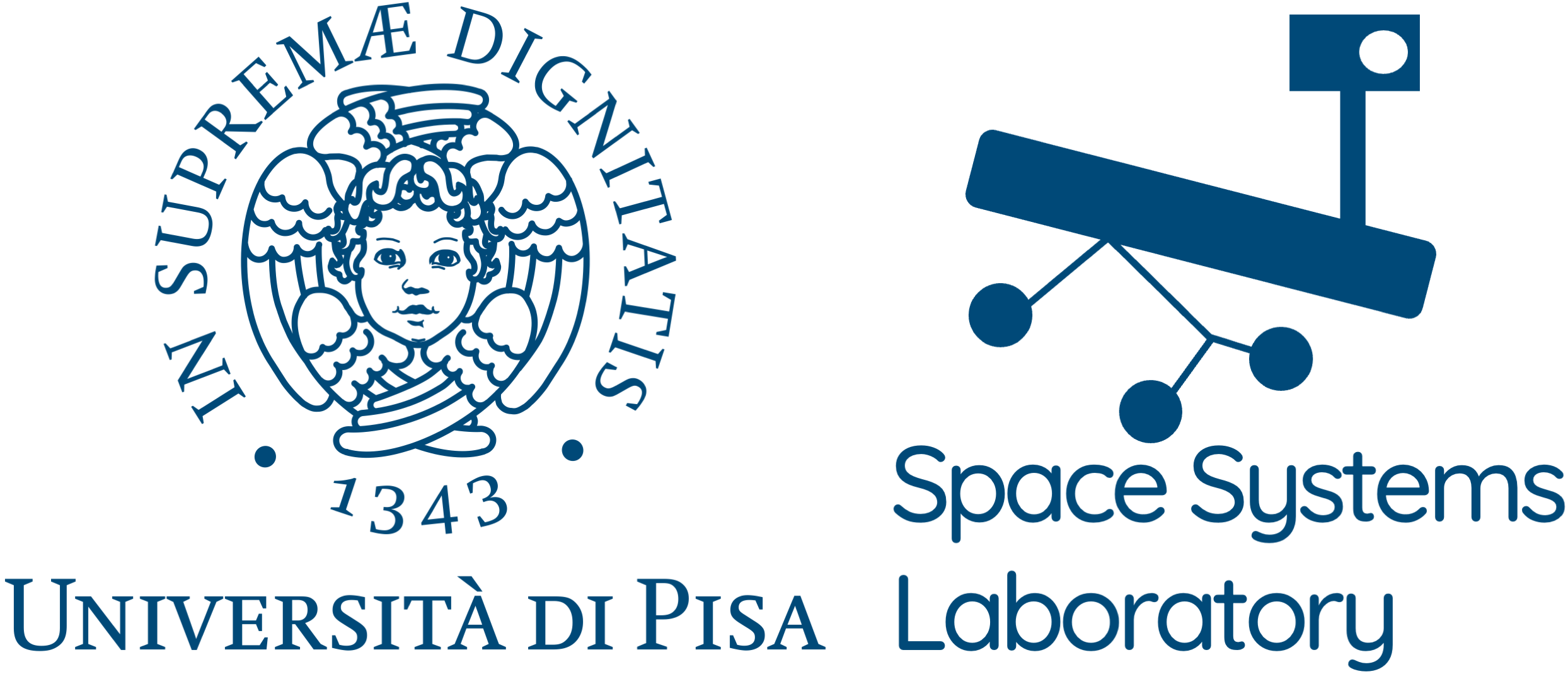Space technology activities at UniPi date back to the late 1970’s, when the first experimental facilities for space propulsion research where set up at the Department of Aerospace Engineering (Dipartimento di Ingegneria Aerospaziale – DIA). In 1989, UniPi was given the opportunity to host three high-vacuum space simulators provided under an agreement with the European Space Agency (ESA). In order to accommodate the facilities, the propulsion group established Centrospazio, a new, large laboratory within Consorzio Pisa Ricerche, a private-public consortium participated by UniPi. During the next ten years, Centrospazio grew rapidly to became the main Italian center for electric space propulsion and one of the most prominent European research laboratories for chemical propulsion, aerothermodynamics, rotordynamics, plasma technology and space systems. With the Italian Space Agency (ASI) funding fundamental research, Centrospazio was at the forefront of applied space technology research in Italy.
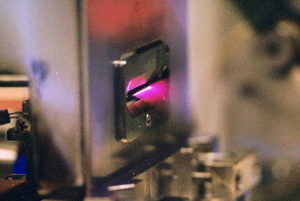 |
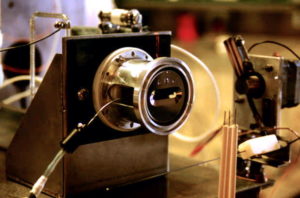 |
In 1999, Centrospazio was transformed into Alta SpA, an independent small company, later gaining the official status of spin-off company of UniPi. During the 2000’s, Alta played a main role in the European electric space propulsion scenario, collaborating with Prime Contractors on several projects funded by ESA and by the European Commission. Alta’s management set up one of the largest collection of experimental facilities for electric propulsion, including a micropropulsion laboratory and a 5 m diameter, 9 m long high vacuum space simulator for high power electric thruster testing.
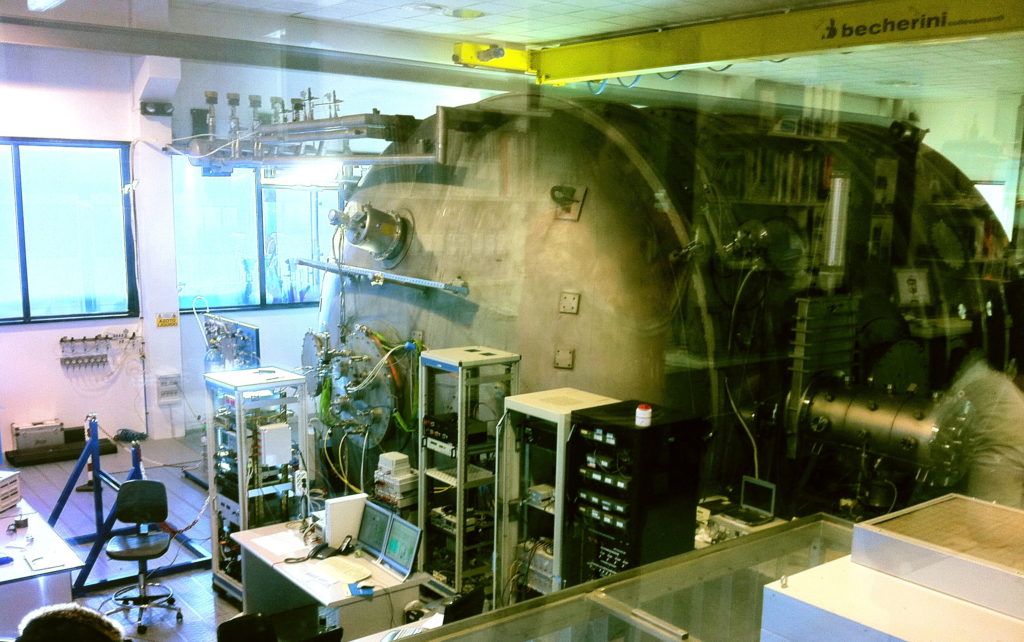 |
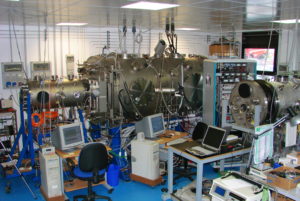 |
In 2012 DIA became a part of DICI, the newly established Department of Civil and Industrial Engineering of the University of Pisa; one year later Alta SpA was incorporated into SITAEL SpA, the space tech branch of a large Italian high-tech holding. In the next few years, most of the research activities previously carried out at Alta were moved to newly established laboratories at UniPi. The Space System laboratory was officially inaugurated in 2019.
